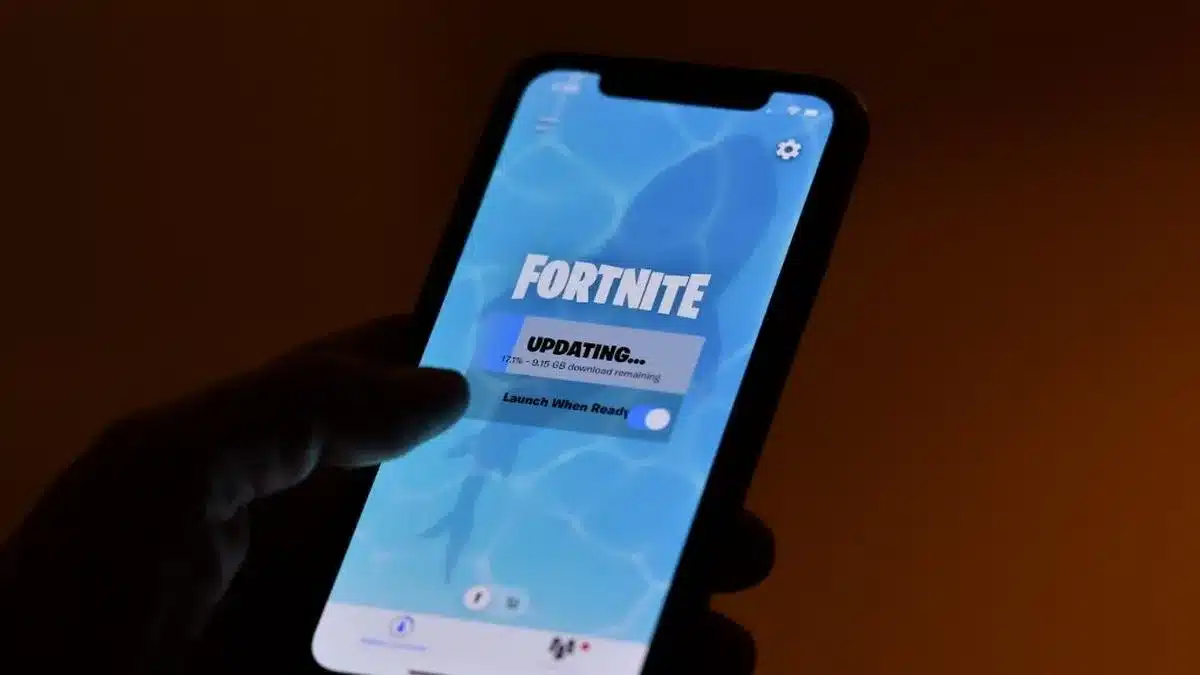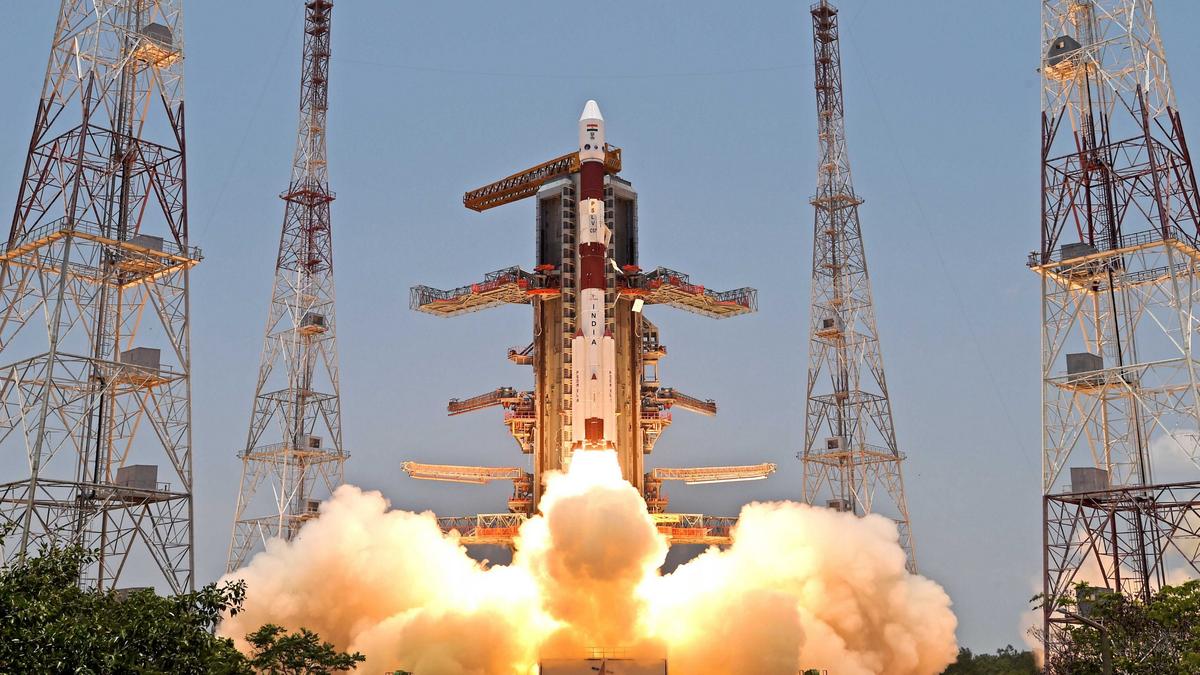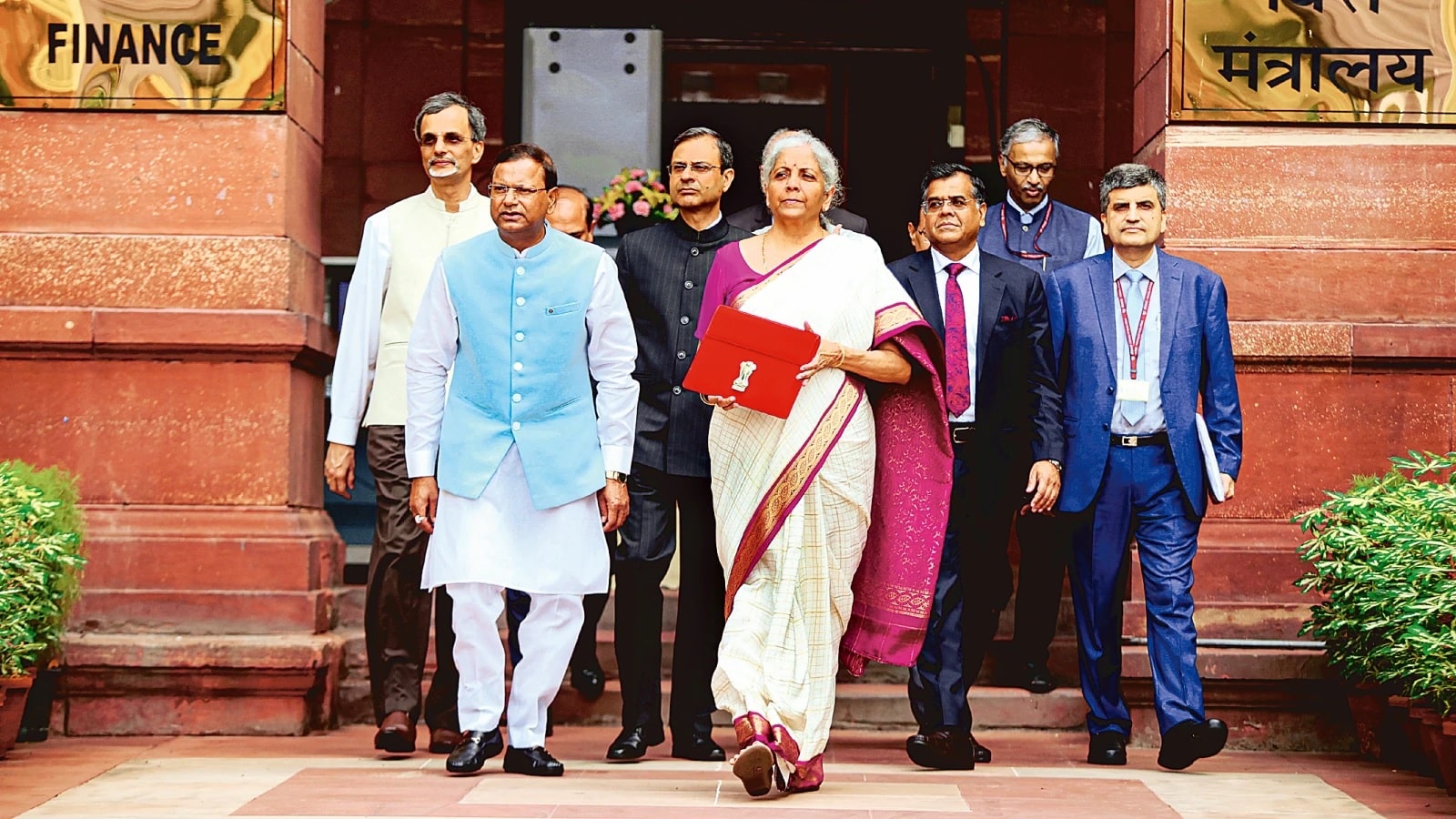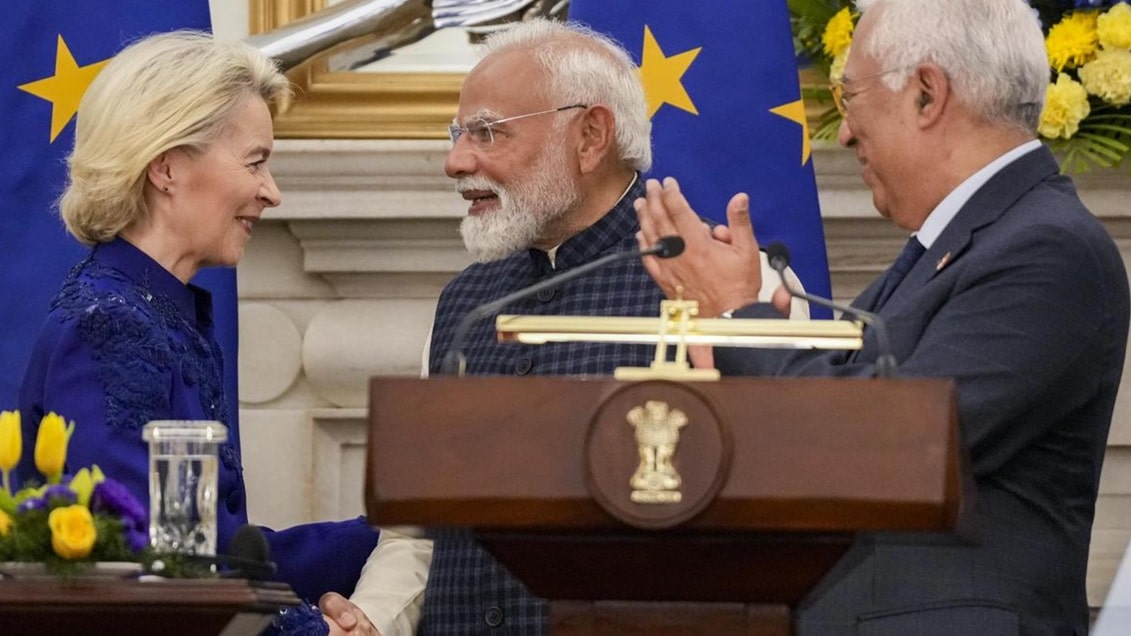What’s in today’s article?
- Introduction
- Background of the Legal Battle
- Google’s Defense and Appeal
- Key Differences Between the Google and Apple Cases & the Ruling
- Impact on the App Economy
- Conclusion
Introduction
- In a significant ruling on October 7, 2024, a U.S. District Court issued an injunction against Google, accusing it of violating antitrust laws.
- This ruling requires Google to make substantial changes to its Play Store policies, opening up opportunities for third-party apps and giving app developers the freedom to offer alternative payment methods within their apps.
- The case, initiated by a company named Epic Games, highlights growing concerns about monopolistic practices by major tech companies, including Google and Apple.
Background of the Legal Battle
- The conflict between Epic Games and Google began in August 2020 when Epic introduced a direct payment option for its popular game Fortnite, bypassing Google’s mandatory in-app billing system.
- By doing so, Epic aimed to avoid paying Google’s 15-30% commission on in-app purchases.
- In response, both Google and Apple removed Fortnite from their app stores, prompting Epic Games to file antitrust lawsuits against both companies.
- Epic argued that Google’s policies were anti-competitive and that Google had made exclusive deals with companies like Activision Blizzard and Nintendo to ensure that their apps and games were distributed through the Play Store.
- These agreements allegedly harmed competition by forcing developers to use Google’s payment system and limiting the availability of alternative payment options.
Google’s Defense and Appeal
- Google has appealed the ruling, expressing concerns that the court’s decision could compromise consumer privacy, security, and competition within the app ecosystem.
- The company claimed that the injunction might make it harder for developers to promote their apps and maintain a consistent user experience.
- Despite these objections, the court’s ruling is seen as a significant step in addressing monopolistic practices in the app store economy.
- It reflects broader concerns about how tech giants like Google control app distribution and impose restrictive terms on developers.
Key Differences Between the Google and Apple Cases & the Ruling
- While Epic Games filed similar lawsuits against Google and Apple, the outcomes of the two cases have been different:
- Apple:
- In the case against Apple, the court ruled that while Apple was not a monopoly in the app market, it still imposed anti-competitive policies.
- The court ordered Apple to allow developers to offer alternative payment options, but Epic Games was required to pay damages for violating Apple’s developer agreement.
- Google:
- In contrast, the jury trial against Google provided Epic Games with a greater opportunity to present evidence of Google’s exclusive deals with developers.
- This evidence led to a unanimous jury decision that Google had violated antitrust laws, resulting in a more substantial ruling against Google compared to Apple.
- Apple:
Impact on the App Economy
- This ruling could have profound effects on the global app economy, valued at over $250 billion. Some key implications include:
- Developer-Friendly Terms:
- Both Google and Apple may need to revise their app store policies, allowing developers to offer alternative payment methods and potentially reducing the high commissions they charge on in-app transactions.
- Increased Competition:
- The decision may pave the way for alternative app stores, breaking the near-total control that Google and Apple currently have over app distribution.
- This could benefit consumers by lowering the prices of apps, subscriptions, and in-app purchases, as developers would no longer be forced to pay high fees to app store operators.
- Challenges for Smaller Developers:
- On the flip side, smaller developers might struggle with app discoverability.
- Currently, developers only need to promote their apps on two major platforms: the Google Play Store and the Apple App Store.
- However, with the emergence of multiple app stores, it could become more difficult for smaller developers to attract attention and customers.
- Developer-Friendly Terms:
Conclusion
- The Epic Games vs. Google lawsuit marks a turning point in the ongoing debate over digital monopolies and app store dominance.
- The injunction against Google is expected to lead to more open competition and fairer terms for app developers, potentially transforming the way the app economy operates.
- This ruling, along with similar cases, reflects a growing effort to scrutinize big tech and ensure a more competitive digital marketplace.
- As the case progresses through appeals, the long-term impact on both Google and the broader tech industry remains to be seen.
- However, it is clear that this legal battle has sparked an important conversation about fair competition, monopoly power, and the future of app distribution.
Q1. What is the role of the Competition Commission of India (CCI)?
It is the duty of the Commission to eliminate practices having adverse effect on competition, promote and sustain competition, protect the interests of consumers and ensure freedom of trade in the markets of India.
Q2. Is Gambling legal in India?
Most of the States have passed enactments prohibiting gambling and betting (other than exceptions like horse racing, some card games etc.) but two States i.e. Goa and Sikkim have legalized many forms of gambling and betting. Goa and Sikkim permit the setting up of casinos.
Source: Did Google violate antitrust laws in Epic battle?
Last updated on January, 2026
→ Check out the latest UPSC Syllabus 2026 here.
→ Join Vajiram & Ravi’s Interview Guidance Programme for expert help to crack your final UPSC stage.
→ UPSC Mains Result 2025 is now out.
→ UPSC Notification 2026 Postponed for CSE & IFS which was scheduled to be released on 14 January 2026.
→ UPSC Calendar 2026 has been released.
→ UPSC Prelims 2026 will be conducted on 24th May, 2026 & UPSC Mains 2026 will be conducted on 21st August 2026.
→ The UPSC Selection Process is of 3 stages-Prelims, Mains and Interview.
→ Prepare effectively with Vajiram & Ravi’s UPSC Prelims Test Series 2026 featuring full-length mock tests, detailed solutions, and performance analysis.
→ Enroll in Vajiram & Ravi’s UPSC Mains Test Series 2026 for structured answer writing practice, expert evaluation, and exam-oriented feedback.
→ Join Vajiram & Ravi’s Best UPSC Mentorship Program for personalized guidance, strategy planning, and one-to-one support from experienced mentors.
→ UPSC Result 2024 is released with latest UPSC Marksheet 2024. Check Now!
→ UPSC Toppers List 2024 is released now. Shakti Dubey is UPSC AIR 1 2024 Topper.
→ Also check Best UPSC Coaching in India

















